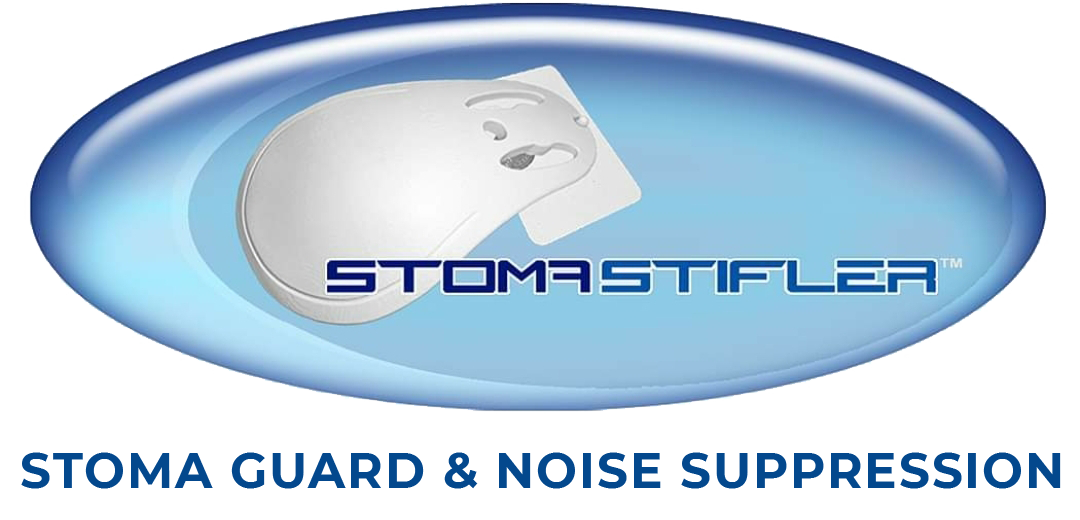Colostomy gas is different from regular flatulent emissions (farts). While you may be able to control a regular fart with rectal sphincter control, you cannot control when your colostomy releases gas.
Nobody wants to release noisy gas or odors at the wrong time. This fear can cause anxiety, apprehension, and even an avoidance of social situations. In time, you may become more attuned to the feel of your colostomy and feel when you are about to pass stool or gas, although you still will not be able to stop it.
Rather than hiding in embarrassment, there are ways to diminish the odor and noise of a colostomy. It might require a little experimentation on your part, but different appliances are specifically made to help stop excessive odors and noise.
Check the Fit of Your Colostomy Bag
If your colostomy bag is not seated around your stoma properly it can leak air, odor, and even fecal contents. 1 With a properly fitted colostomy bag, the only time you should smell anything foul is during the bag change.
Any system should last for at least three days without leakage (optimally, some systems can remain in place for four or five days). The majority of pouches now include an odor-blocking feature such as a charcoal filter.
If your bag is not sealing properly around the stoma then gas and odors might be the least of your worries—an improper fit can cause damage to the stoma and surrounding tissues.
Try Different Pouching Systems
This is where your enterostomal nurse (ET nurse) comes in very handy. There are many different types and manufacturers of ostomy supplies. Ask anyone who has had a colostomy for a while—all devices are not made alike, just as our bodies are not made alike. Simply because one bag works well for someone else does not mean it will fit you.
There are two main types of colostomy drainage bags—one-piece and two- piece systems. 2 One-piece systems are more frequently used for their low profile (less visibility under clothes) and for their ease of use. You can get one- piece systems that are closed (you have to remove the entire system if the bag is puffed up with gas, or open (a clip at the bottom can open the bag and you can release the gas from the bag). Some manufacturers also supply vented or filtered pouches, which are specifically designed to help release gas without any fuss.
For more detailed information on pouching systems and free samples, contact the United Ostomy Associations of America at 1-800-826-0826. 2 They also have assistance for people who are not health insured and can help you obtain supplies.
If It Doesn’t Fit, Don’t Patch It
After applying the pouch, don’t try to patch up leaks or ill-fitting areas with pastes or tape. If the bag is not fitting right then you probably need a new
system. 1 Your ET nurse will be able to assess what type of bag system will fit your body best by taking your skin and body contours into consideration. Scars, wrinkles, and even moist skin can make a difference and help determine what type of pouching system will work for you.
Deodorants for Colostomy Odors
To help decrease odors, many manufacturers supply special liquid drops that can be added to your colostomy bag. There are also supplements that can be taken by mouth to reduce gas odor. However, it is highly recommended that you discuss these products with your healthcare provider and do not arbitrarily try them on your own.
Diet to Reduce Colostomy Gas
Once your body is fully healed after bowel surgery, you should be able to eat
anything you like. There is one caveat—the same foods that caused gas before
your surgery will continue to give you gas now. If you want to cut down on your
body’s noisy emissions, try limiting the gas-producing foods and beverages in
your diet including:
- Cabbage
- Onions
- Broccoli
- Carbonated beverages (especially beer)
- Dairy products
- Spicy or fried, greasy foods
- Onions 1
Furthermore, chewing gum and drinking through straws pulls unnecessary gas into your digestive tract and can increase the amount of gas passed through your colostomy.
Some foods might help decrease the natural odor of your gas and stools including parsley and yogurt.
When in doubt, try keeping a food journal so you can learn what helps and what makes things worse for you.
For more information, see the article here:
https://www.verywellhealth.com/how-to-prevent-embarrassment-from-
colostomy-gas-796578
